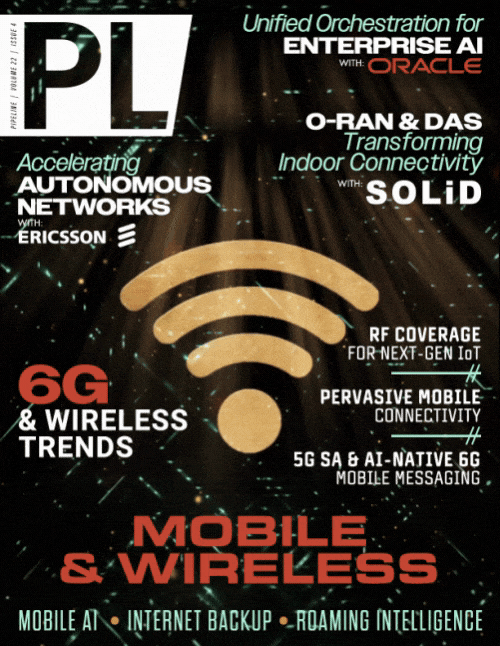News Center
| INCOMPAS Files Opposition and Motion for Summary Denial in response to USTelecom Forbearance Petition Association Releases Economic Studies, Launches Website to Save the Bridge 2 Broadband, Stop AT&T's "Competition Cut Off"
INCOMPAS made two filings at the FCC in response to the USTelecom Forbearance Petition: an Opposition, and a Motion for Summary Denial. The association also launched a new website, Bridge2Broadband.org, to help bring more attention to the AT&T-led effort to raise prices and cut off competition. In
its filings, INCOMPAS makes the case that small network builders are
driving the future of fiber deployment and provides evidence that the
much larger incumbents are simply seeking to profit off the past. INCOMPAS also included two economic studies, which demonstrate that competitors using UNEs are building more fiber than incumbents and that UNEs are the bridge to more broadband competition. "Our economic studies are a game changer. The reality is local broadband providers, many of which are 200 times smaller than AT&T, are deploying more fiber and providing faster broadband speeds than the old telephone giants," said INCOMPAS CEO Chip Pickering. "The big Bell myth that only the largest, deep-pocketed companies will invest in new network deployment is false. In fact, competitive investment is the only thing pressuring companies like AT&T to deploy new networks and offer lower prices." Key findings about the impact of competitive providers in the economic studies include: 1. Building More Fiber: Local competitive builders that harness the Bridge 2 Broadband, or UNE access, are deploying more fiber than incumbents. This fiber becomes the foundation for the future and 5G deployments. 2. Faster Speeds: Local competitive builders are delivering faster broadband speeds over traditional broadband lines than the incumbents. These faster speeds are the result of electronic equipment investment and innovation. The filings included 14 declarations of support for the INCOMPAS opposition from companies such as Access One, Allstream Business US, Dialog Telecom, Digital West, Douglas Services/Douglas FastNet, Fusion Connect, Gorge Networks, Biddeford Internet Corp./GWI, IdeaTek Telecom, Origin Networks/ InfoStructure, Mammoth Networks, Race, Socket Telecom, Virginia Global. As the declarations show, these speeds generally exceed the FCC standards and provide many customers in rural America with their only bridge to the internet. 3. Lower Prices, Better Service: Consumers are saving money with more competition in each market. This includes residential customers, small businesses, schools, libraries, government and public safety organizations. | |


















